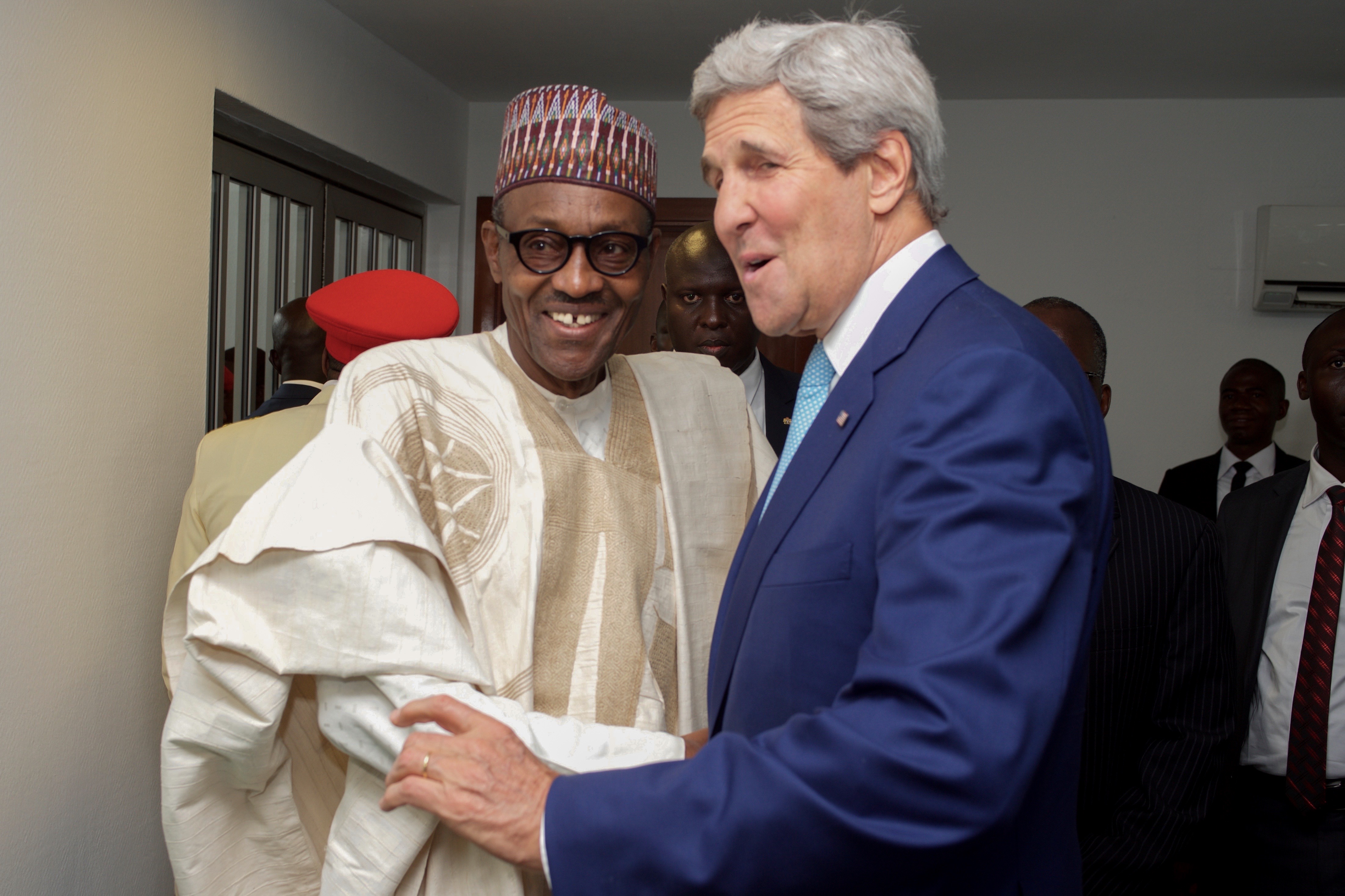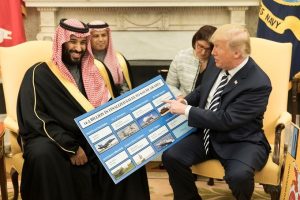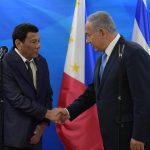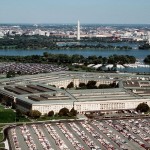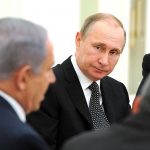by William D. Hartung
In his recent visit to Washington, newly elected Nigerian President Muhammadu Buhari had harsh words for U.S. restrictions on military aid to his nation. In particular, he singled out the Leahy Law, which blocks U.S. aid to military units involved in serious human rights abuses. In a speech at the United States Institute of Peace (USIP), Buhari denounced the law, accusing it of “aiding and abetting Boko Haram” by denying Nigeria “appropriate strategic weapons to prosecute the war against the insurgents.”
President Buhari’s critique of the Leahy Law is off the mark in several respects. First, the Leahy Law has not resulted in a cut-off of all military ties between the United States and Nigeria. According to an analysis by the Security Assistance Monitor, proposed U.S. military and police aid to Nigeria totaled $4.4 million in the FY2015 budget, including a commitment to train 569 troops. And roughly 100 Nigerian military units have been cleared under the Leahy Law to receive U.S. training. Although these numbers represent a sharp drop from a few years ago, they suggest that a renewed security assistance relationship is possible, if the Buhari government can address the surge in human rights abuses on the part of Nigerian security forces.
Just last month Amnesty International released a well-documented report detailing the deaths of 7,000 Nigerian men and boys in detention and an additional 1,200 killed without due process, with no evidence of criminal or terrorist activity. These unjustified deaths are not only wrong on human rights grounds, but they are also counterproductive in the fight against Boko Haram. Villagers who fear interacting with the Nigerian police and military will not be effective partners in fighting terrorism.
The most troubling aspect of President Buhari’s USIP remarks was his denial that Nigerian forces have in fact engaged in the kinds of human rights abuses revealed in the Amnesty International report. He referred to “so-called human rights abuses” and claimed that the kinds of abuses cited when putting Leahy Law restrictions into place were “unproven.” So, in contrast to his strong pledge to root out corruption within Nigeria’s security forces, Buhari made no comparable pledge to seriously investigate and prosecute human rights abuses.
Ultimately, Buhari’s critique misses the point of the Leahy Law. It is not meant to serve as an obstacle to U.S. military-to-military relationships with key allies. It is a carefully targeted attempt to encourage better human rights practices. That’s why Leahy Law restrictions are not imposed on a country as a whole but, rather, against specific units engaged in grave human rights abuses. And Leahy Law restrictions can be lifted when the allied nation “takes effective steps to bring the responsible members of the security forces’ unit to justice.”
Given the recent allegations of widespread violations by Nigerian security forces, President Buhari would be better served by launching a systematic initiative to investigate, prosecute, and cleanse those forces of human rights abusers. He should do so not merely to meet the strictures of the Leahy Law, but because it is the right thing to do for both human rights and security in Nigeria.
For its part, the Obama administration should go slow on any plans to up security aid to Nigeria until it can be shown that a serious effort is underway to eliminate human rights abuses on the part of Nigerian police and military forces. As Sarah Margon, the Washington director of Human Rights Watch has put it, “If the United States is discussing further financial or technical support for Nigeria’s security forces, it should insist on clear benchmarks on how they will ensure respect for human rights.”
Past efforts to let allegedly more urgent security issues trump human rights concerns have ended badly, and there is no reason to believe that doing so would have a different result in the Nigerian case. President Obama should hold firm to the letter and spirit of the Leahy Law in the interests of building a stronger, more effective security relationship with Nigeria.
Photo: Muhammadu Buhari meets with John Kerry.
William D. Hartung is the director of the Arms and Security Project at the Center for International Policy.

